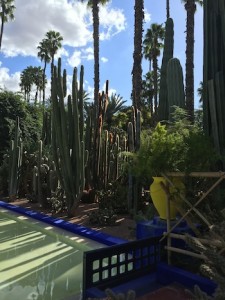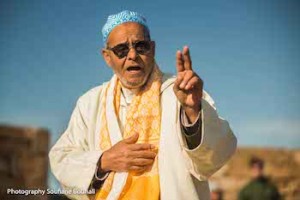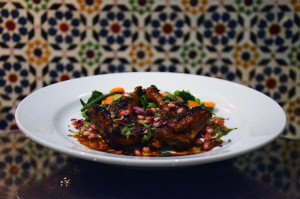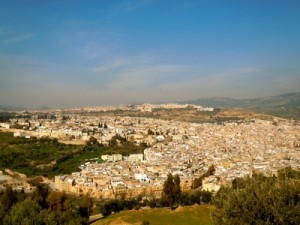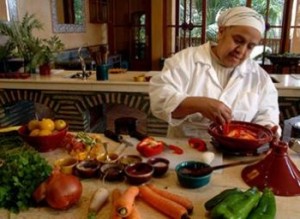Posts Tagged ‘Café Clock’
Marrakech, referred to as the “red hamra” city is a major city in Morocco known for it’s magnificent ochre color and is an attraction in itself. Marrakech boasts a vibrant street life and a rich array of drought tolerant…
Storytelling is experiencing a revival in many Western countries right now, but the tradition of oral storytelling, or hikayat, in Morocco is almost 1,000 years old. Morocco has a strongly oral culture – everything from recipes to stories to legal agreements have been…
Fes is the culinary and cultural capital of Morocco. The city of Fes is a leader in Moroccan cuisine. The ancient traditions of Fes cuisine come alive at a variety of riads and restaurants throughout the old city of Fes. New on the…
If you’re traveling in Morocco and only have 24 Hours in Fes then it’s important to know what to see and where to eat. Morocco Travel guide books such as Lonely Planet, Frommers and Rough Guides can be the perfect travel companion for those who desire to see and do the status quo in Fes however first hand experience from a foreigner living in Morocco can offer more off the beat experiences. When starting a 24 hour spin around the old medina, Fes El Bali, you can brave it alone or higher a local, expert Fes historical guide. Either way a Fes tour can be fulfilling in this ancient city which is a UNESCO World Heritage site. If you brave it alone to discover what’s behind the ancient medina walls of Fes, these travel tips of what to see and where to eat will make it worthwhile.
If you’re planning a Morocco vacation one of the best ways to discover the culture of the Maghreb is to taking a cooking class or a private, cooking course in Morocco’s Imperial Cities of Marrakech and Fes or consider a Moroccan culinary tour. Marrakech and Fes offer some of the Morocco’s best cooking classes as a result of their subculture and history of fine cuisine alongside being able to lay claim to some of the best restaurants in Morocco.

